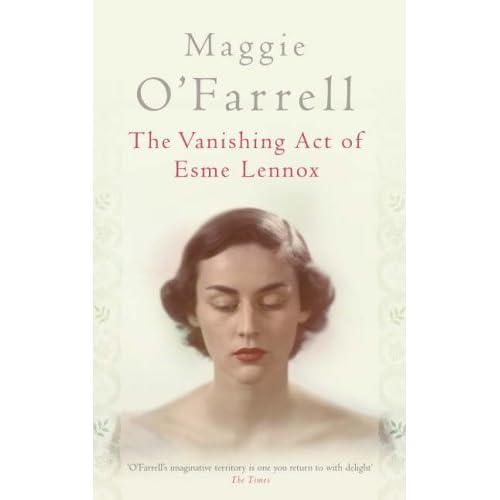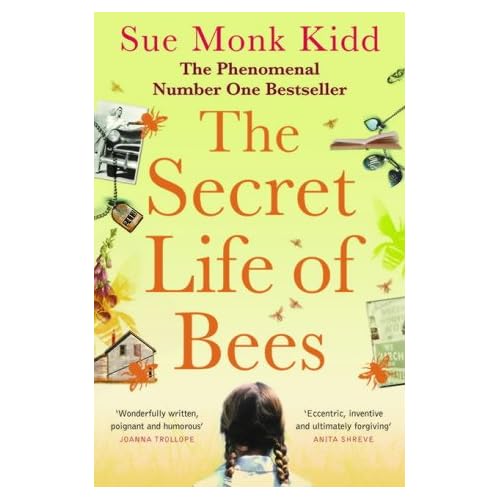This fourth installment of the Chaloner series was another good addition to her historical mystery books. Set in the years shortly following the Restoration, it captures very well the excesses and fears of the time. As those who have read Susanna Gregory books know the main facts in the book tend to be historically accurate, with the details of these and her research provided at the end of the book.
Whilst possible not as fast paced as previous escapades it certainly has it's moments. Chaloner's famous hat comes in very handy! The character of Chaloner is further developed in this book, along with his relationships with others. He is finally beginning to try and fit in in this Restoration world. There is even a mention that he has taken to using his real name rather than covering it up as his uncle was one of those who signed Charles I death warrant. He has even started a promising relationship with one of the Queen's serving women. There are reminders throughout the book though about trusting everyone which includes a bit of a twist at the end of the book that I really didn't see coming. There are many new characters to replace those that have left such as Leybourn, who played a significant role in 'The Butcher of Smithfield' and those who appear less, such as Thurloe.
I did enjoy this book very much and whilst there probably were not quite as many twists and turns and revelations as the previous installment in this series it was certainly a good read.
*4 stars*

Other books by Susanna Gregory include:
*A Conspiracy of Violence: First book in the Thomas Chaloner series
*Blood on the Strand: Second book in the Thomas Chaloner series
*The Butcher of Smithfield: Third book in the Thomas Chaloner series



